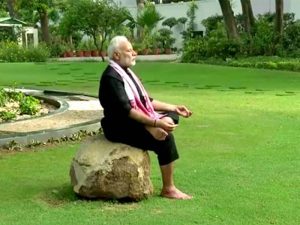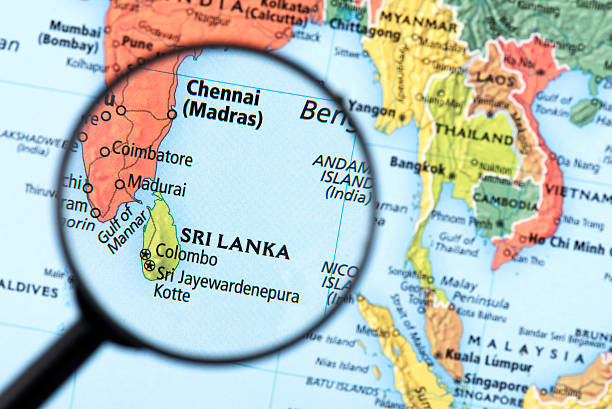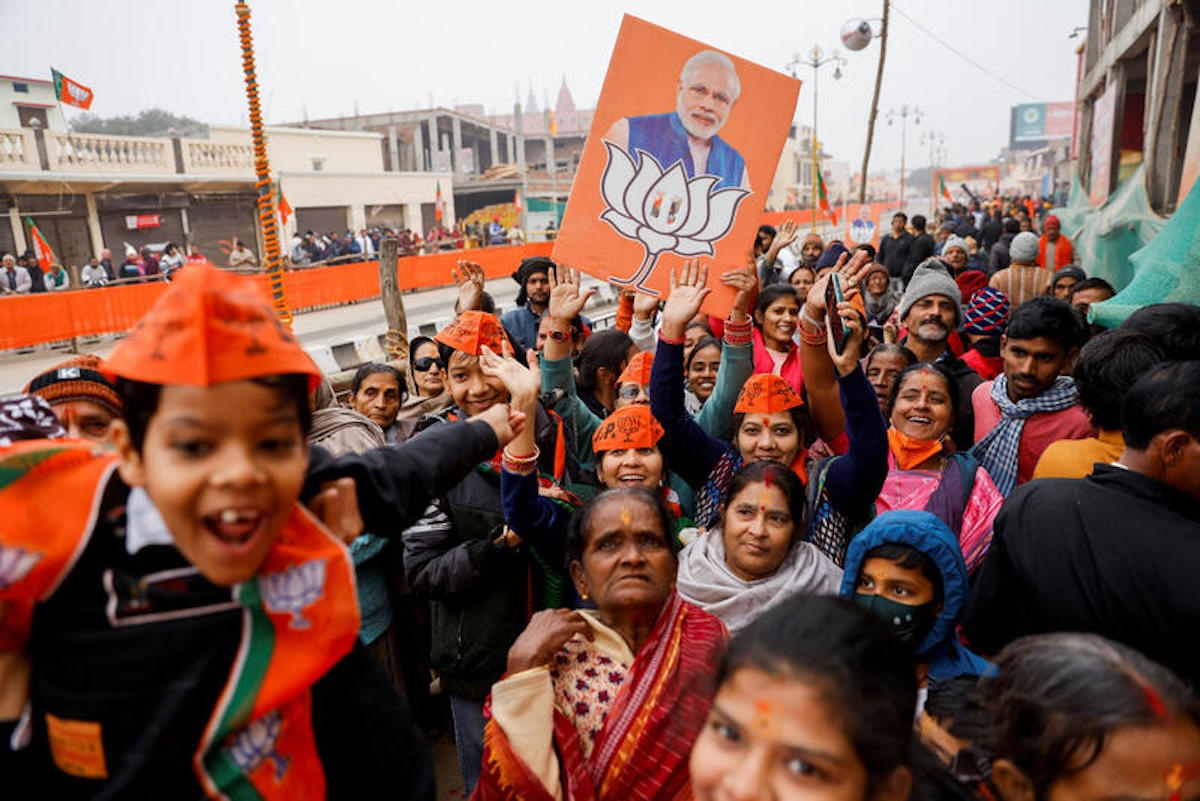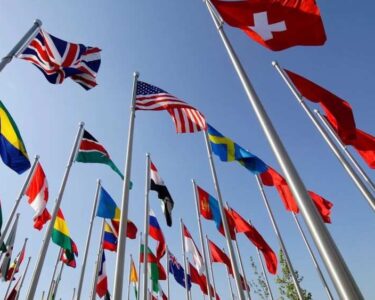Sri Lanka and India: A Vital Relationship in a Globalized World
Sri Lanka’s relationship with India is both historic and indispensable. As the two nations share cultural, economic, and geopolitical ties, it is clear that Sri Lanka cannot afford to isolate itself from its powerful neighbor. However, in a globalized environment, Sri Lanka must also avoid being solely dependent on one regional player. Non-traditional markets, diversified economic connections, and strategic global partnerships are essential for the island nation’s sustainable growth.

The Inescapable Indian Connection
For centuries, Sri Lanka and India have maintained close economic and trade relations. From ancient entrepot trade to modern agreements like the Indo-Lanka Free Trade Agreement (ILFTA) and the proposed Economic and Technology Cooperation Agreement (ETCA), India remains a crucial partner. In times of crisis, India has extended critical support—be it during the civil war, economic downturns, or the 2022 financial crisis, when it provided vital credit lines and debt restructuring assistance.
Geopolitically, India sees Sri Lanka as part of its strategic backyard. A stable Sri Lanka ensures regional security, preventing rival powers from gaining influence in the Indian Ocean. This dynamic means Sri Lanka benefits from Indian economic and security guarantees, making an outright disengagement impractical.
Beyond India: The Need for a Diversified Strategy
While Sri Lanka’s dependence on India is undeniable, it must avoid being geopolitically cornered. The modern world offers a vast array of opportunities beyond traditional alliances. Countries like China, Japan, South Korea, and Middle Eastern nations provide alternative trade routes and investment avenues. Free trade agreements (FTAs) with ASEAN nations, EU partnerships, and stronger ties with African markets can reduce over-reliance on any single country.
Similarly, Sri Lanka must focus on non-traditional markets and industries. High-value exports like IT services, renewable energy, and pharmaceuticals can expand its global footprint. Strengthening ties with multilateral institutions like the World Trade Organization (WTO) and fostering diplomatic engagement with global economic blocs will further insulate Sri Lanka from regional economic shocks.
A Smart Balance for Sustainable Growth

The key lies in strategic engagement. Sri Lanka must continue leveraging its proximity to India for economic benefits while expanding its global network. By maintaining economic pragmatism, fostering innovation, and securing diverse partnerships, Sri Lanka can ensure long-term prosperity without being tethered to a single power. In an interconnected world, survival depends not on isolation or blind allegiance, but on smart diplomacy and dynamic economic strategies.
.
Ravindra Lochana








